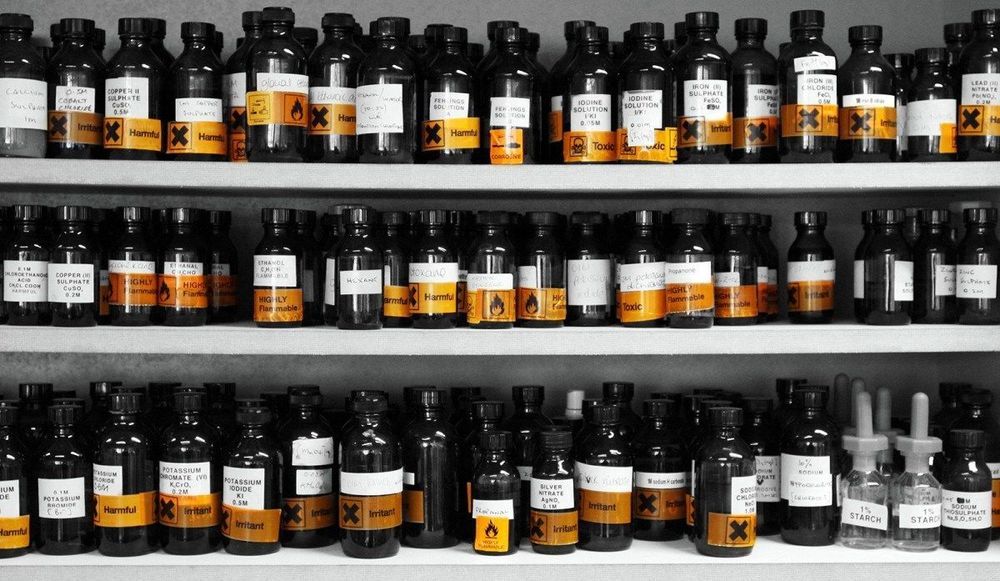This year, the European Union heavily restricted four types of phthalates in consumer products because of their possible health effects. Phthalates are plasticisers, ubiquitous chemicals that soften plastics in many consumer products. They are present in food wrappings, clothes, packaging, car parts, cosmetics and fragrances.
Over time, these plasticisers end up in the air, soil, water, food and household dust. They can also end up in our bodies. This is worrying because they are implicated in reproductive abnormalities in mammals. Studies of people have linked plasticisers to sperm damage, lower fertility, early puberty in girls and thyroid effects. The phthalates will be now legally be restricted to 0.1% in weight in articles used by consumers or in outdoor areas.
But scientists are increasingly concerned not just about single chemicals, which are found in people’s bodies at levels that are usually not toxic, but about what happens to toxicity when these chemicals mix.
